As the pressure from the ongoing foreign currency shortage continues to create national challenges, PARCEM, a prominent local civil society organization, has called for urgent action from the Burundian government. In a statement made Monday, PARCEM expressed its support for the implementation of a national cooperation policy but stressed the need for a clear and operational plan to mobilize resources. The organization highlighted that external resources, such as public development aid, loans, and foreign direct investment, are essential to alleviate the current crisis.
PARCEM also said that Burundi remains dependent on foreign assistance in the form of donations and is currently eligible for grants from the World Bank. However, the country is unable to access loans due to its poor credit rating. The organization emphasized that foreign direct investment requires a favorable business environment, and the government must prioritize infrastructure development and institutional reforms to attract investors.
One of the most pressing issues for Burundi is the state of its trade balance, which remains deeply negative. With exports covering less than 20% of imports, PARCEM warned that it will take more than a year to reverse the trade deficit and increase foreign currency earnings.
“”As for exports, considering the current state of the trade balance, which is currently running a deficit of 10% (the rate of imports covered by exports is still around less than 20%), it will not be in the next 6 months or a year that foreign currency earnings will be able to reverse this trend,” said PARCEM in a statement.
The organization called for a comprehensive strategy to manage foreign resources more effectively, particularly the limited foreign reserves held by the Central Bank of Burundi.
Burundi has been facing a long-standing foreign currency shortage, a crisis that has worsened over the years due to a combination of declining export revenues, limited foreign investment, and the lasting effects of political instability following the 2015 political crisis. The country’s economy remains deeply reliant on agricultural exports, particularly coffee and tea, which have been subject to fluctuating market prices.
The repercussions of the foreign currency crisis are widespread. Fuel shortages have become a pressing issue, causing disruptions in transportation and bringing key sectors such as agriculture, healthcare, and industry to a standstill. Public transportation costs have surged, putting significant strain on citizens across the country. In urban areas, long queues at gas stations are common, while rural regions face even greater challenges due to limited access to essential goods.
Additionally, the country’s economic difficulties are intensified by a lack of essential imports, including medical supplies, agricultural inputs, and construction materials. Inflation and the rising cost of living have further deepened the financial struggles for ordinary Burundians, pushing many households deeper into poverty.

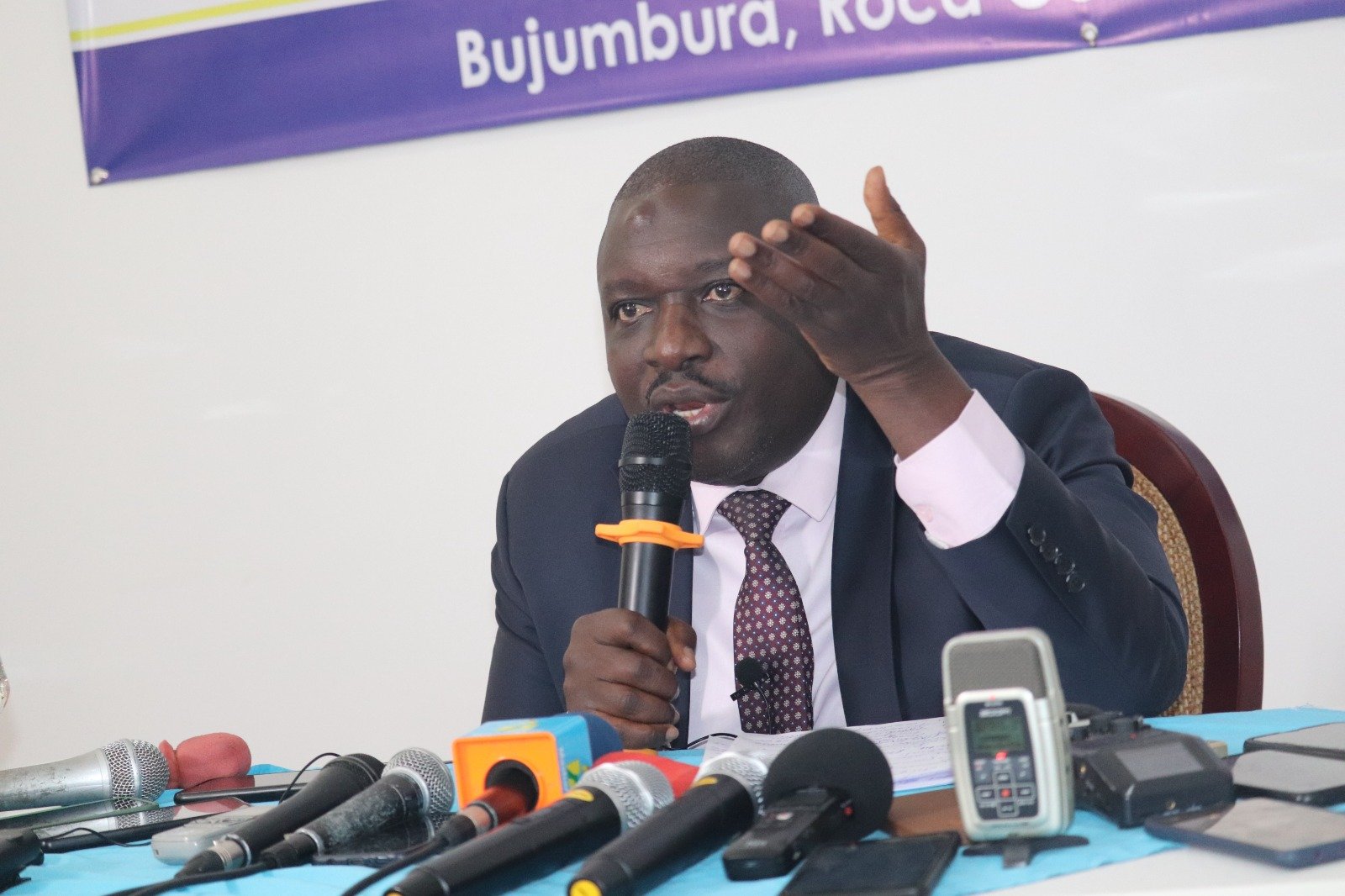
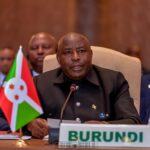

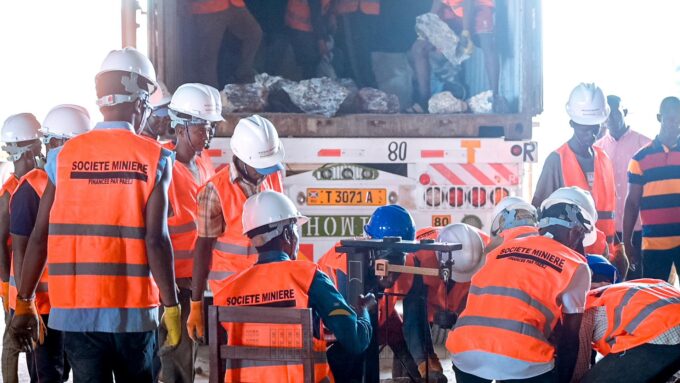
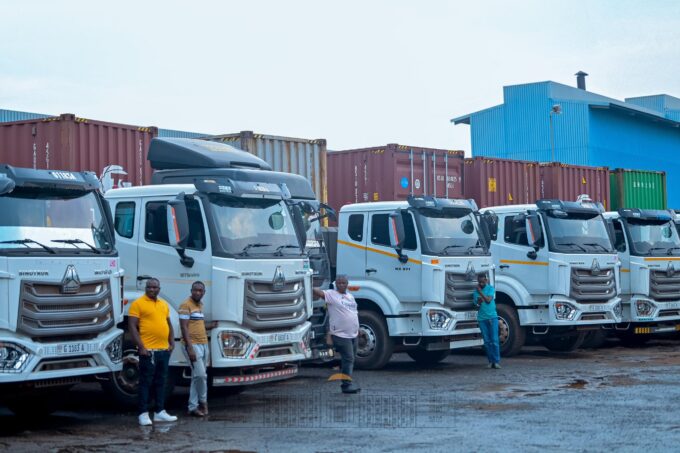
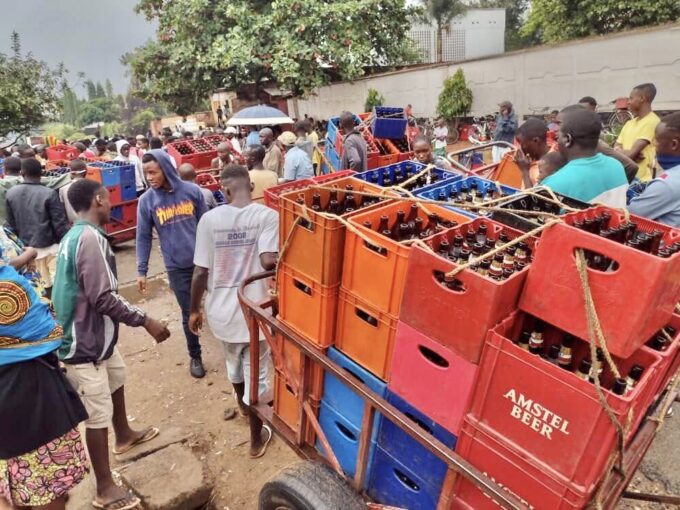
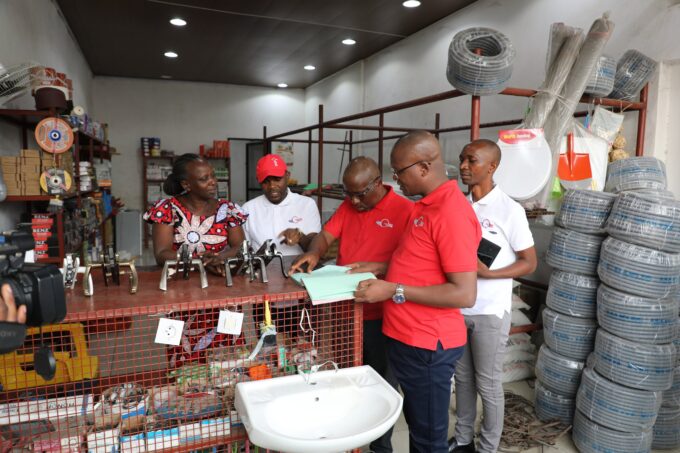
Leave a comment